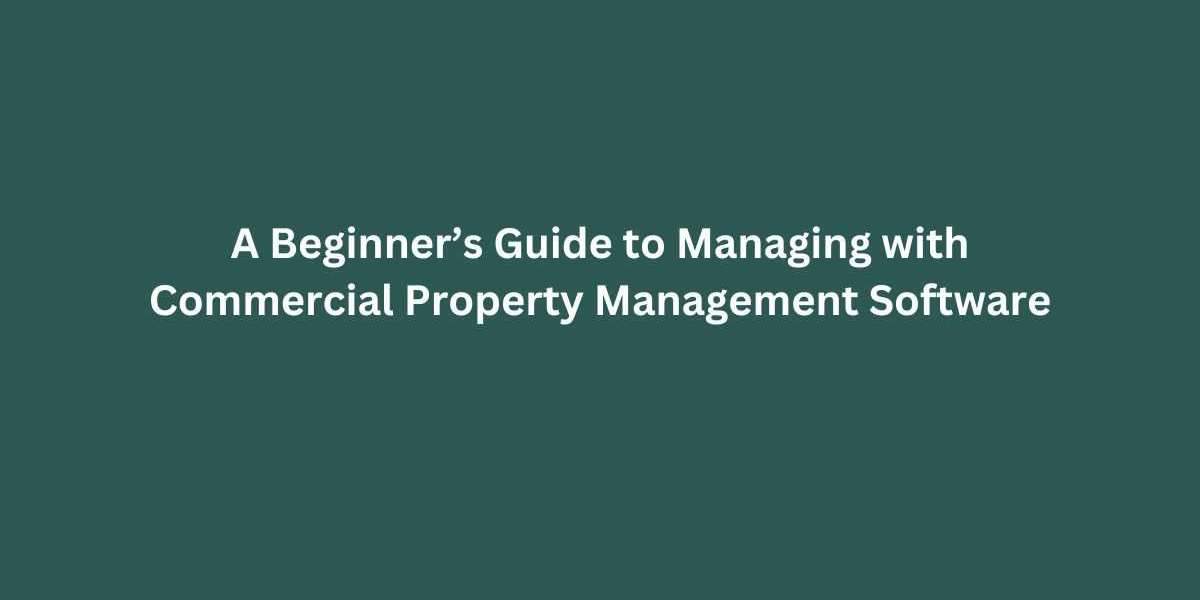As a commercial real estate landlord, investor, or property manager, one of the best strategies to consider at the beginning is acquiring commercial property management software. Using software does far more than just automate administrative activities. If your portfolio consists of one or two properties, manual processing may suffice, but add additional locations and software becomes essential.
This guide explains the most fundamental aspects of commercial property management systems including their functions, importance, and helps you decide which software suits your requirements best.
What Is Commercial Property Management Software?
In short, commercial property management software is a type of property management software that focuses specifically on streamlining the operations of office buildings, retail shops, industrial real estate, or mixed-use properties. It is like having your own digital secretary and the benefits are plentiful. Software can now assist you in organizing leases, tracking rent, maintaining properties, and even communicating with tenants.
Main Aspects Addressed
Let us analyze some of the most basic functions offered by commercial property management systems:
- Lease Management: Maintaing a lease register that tracks lease agreements and their respective renewal dates and rent payment schedule.
- Rent Collection: Automating rent invoicing, reminders, and processing payments online.
- Repair Tracking: Log service requests, assign vendors, and monitor progress on repairs.
- Income Reports: Create and manage reports on revenue streams, expenditure, income flow, and return on investment.
- Tenant Interaction: Set up a portal where tenants can communicate and share documents to foster easy interaction.
- Document Management: Safely upload and store important files that need to be kept safe including, but not limited to, insurance policies, architectural layouts, and agreements.
Commercial property management revolves around multifaceted stakeholders along with intricate lease agreements and stringent compliance policies. This is how software can help:
- Time Conservation: A software accelerates completion of monotonous duties like reporting and sending reminders.
- Enhancing Precision: Alleviating risks of human errors concerning financial operations and lease agreements.
- Increasing Tenant Contentment: Proactive communication and quick responses improves tenant satisfaction significantly.
- Adapts With Growth: There's no need for additional spreadsheets if your software adapts as your portfolio expands.
Who Should Use It?
- Property Managers balancing multiple commercial properties.
- Real-Time Investors interested look into performance analytics in real-time.
- Landlords seeking a professional system without the need for hiring staff.
- Asset Management Firms interested in consolidating their centralized operations.
How to Choose the Right Platform
With countless tools in the market, spanning from all-in-one software like Elevate, Buildium, AppFolio, and Yardi, to niche-specific aids, the selection criteria becomes paramount. In this case, ensure:
- Ease of Use - Intuitive interface for new users.
- Support Training - Assistance aids for training and provides instructional materials.
- Customization - Possibility of modifying options to fit specific property types.
- Pricing - Appropriate pricing relative to funding, expanding portfolio, and expenditure limits.
Take advantage of free trials or demo offerings most platforms provide.
Conclusion
Professional-grade Commercial property management software is essential in today’s fast-paced business world. Start with one strip mall or dive into a dozen office buildings; the right software will assist in making sense of any hectic situation. Careful consideration in decision-making will promote effective use of technology, allowing for decreased workloads.




